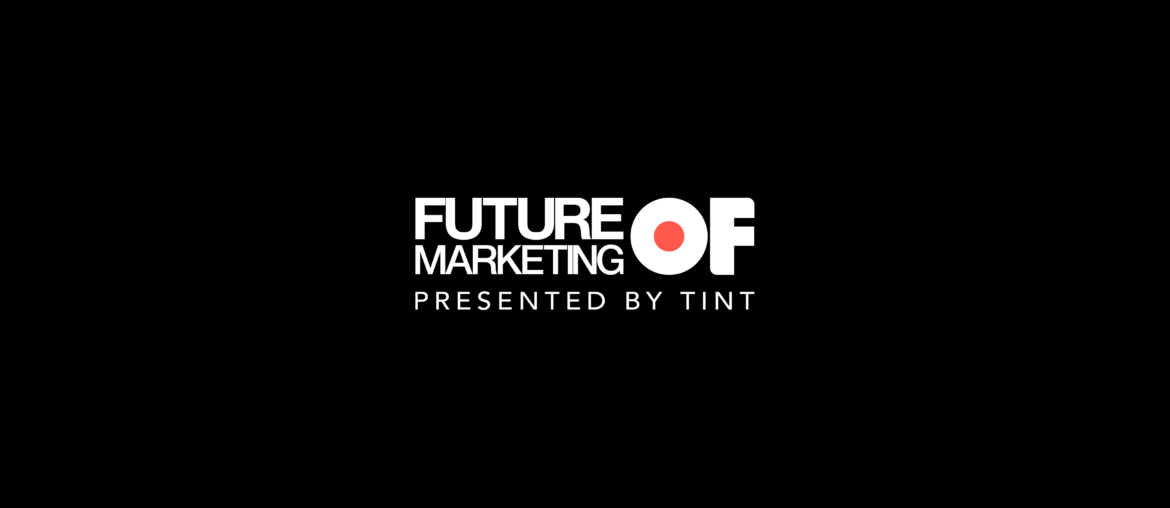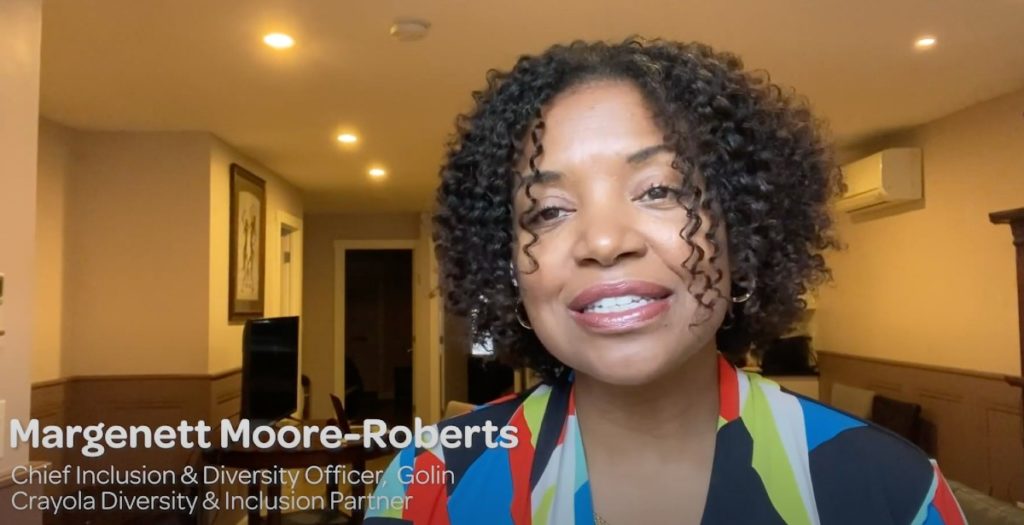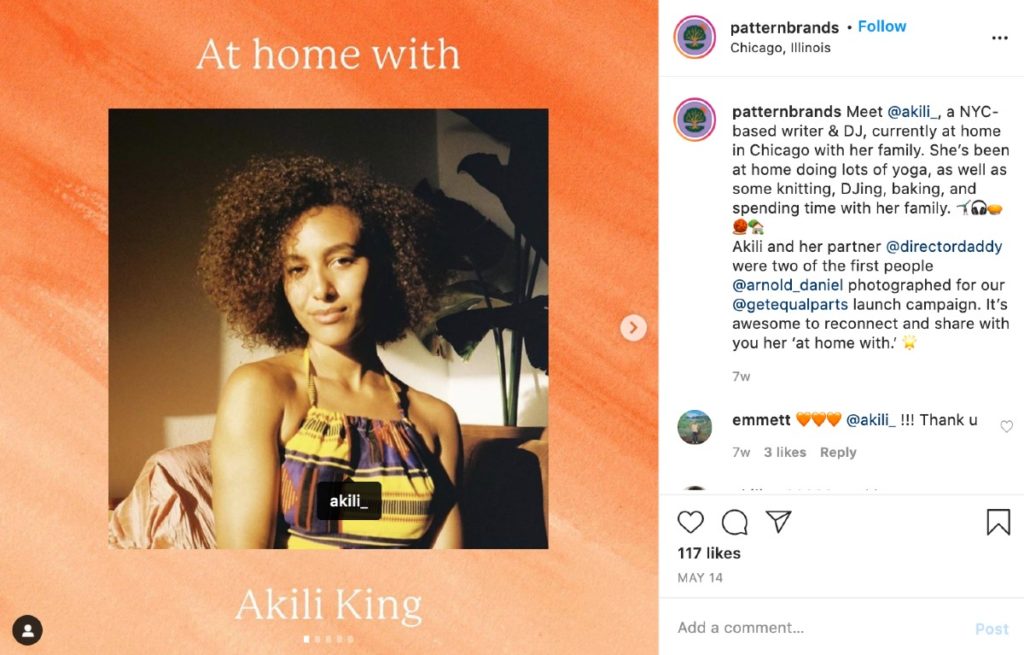This content originally appeared on July 8, 2020 as part of the Future of Marketing weekly email series. Subscribe here.
Personalization and relationship-building are more than the content you share and consume on social media. From your product to internal policies, people want to feel like they are being heard by the brands they support. Mobbie Nazir, Chief Strategy Officer at We Are Social shares, “The brands that maintain a tone that is empathetic, honest, and useful will be those set up to succeed.”
Focusing on macro trends, social sentiment, and co-creation will be core strategies for brands and agencies as we move forward. Talk to your customers – don’t simply read the data and assume you know what they need or feel. Ask your audience what their thoughts and concerns are, request feedback, monitor social conversations – and use these insights to help steer and reposition your brand for the future.
(Re)open for business
Cost and convenience were once the focus for travelers, but now airlines are adjusting to the pandemic – each prioritizing health and safety in their own way. Delta Airlines is even repurposing user-generated content on its Instagram to keep fans engaged.

With ‘back-to-school’ around the corner, Niche surveyed 21,847 students regarding 15 Fall Scenarios – attracting over 327,000 page views. Meanwhile, Ivy League universities are tweeting reopening plans for the 2020-2021 semester, sparking conversations around higher education, tuition costs, and the rise of online learning.
It won’t be surprising if sports teams and professionals focus on sharing behind-the-scenes content to open up about adjustments to COVID-19 – and keep fans engaged.
Launch for inclusivity
Crayola is releasing new skin tone crayons, Colors of the World, to represent over forty skin tones across the world. To promote the collection, Crayola launched a video ad featuring employee-generated content – giving viewers a sneak peek at the campaign’s development.
To manage its brand reputation, Airbnb launched Project Lighthouse in the United States to help measure and prevent discrimination within its platform. The company partnered with civil rights groups and leading privacy organizations to understand racial discrimination, improve its policies, and develop more inclusive experiences. Using human perception, Airbnb’s partners will review photos and first names to share their insights, including “what race they think the information shared suggests.” Airbnb will use this data to identify inclusivity gaps, including whether reservations of certain races are declined more often than others.
Meanwhile, Periscope employees walked out to protest its parent company, forcing policy changes and social conversations around brand transparency. The Washington Redskins are also facing increased pressure as Nike, PepsiCo, and FedEx investors and shareholders ask them to cut ties with the American Football team – unless they change their name.
Listen to your fans, employees, and social sentiment. Proactively manage your brand relationships instead of waiting for sponsors and customers to give you an ultimatum that could negatively impact your brand’s reputation and bottom line.
In other news…

- Disney+ released “Hamilton” and saw a 74% increase in app downloads, as fans live-tweeted #Hamilfilm and joined the watch party
- And Bumble TikTok ads look more like a TikTok challenge than an ad, making its content more relatable to consumers
- Uber acquired Postmates for $2.65 billion to improve its customer experience
- and Kanye tweeted he is running for president (and it went viral)
#BrandCrush: Pattern Brands
Customer co-creation is an underrated strategy that most companies shy away from and yet, brings in feedback from consumers – inviting innovative ideas to a business. Pattern, formerly known as Gin Lane, rebranded to focus on ‘slow-living’ and building meaningful relationships with consumers. The company embraces a striking visual identity that features hand-drawn logos and illustrations to give the brand a more ‘human’ and personalized feel.
With intentional living and connection in mind, Pattern engages consumers at every touchpoint – from highlighting stories of creators on its Instagram to requesting input for projects like product and web design. “That’s the beauty of what we are building is that there is flexibility,” shared CEO Nicholas Ling, “we’ve just seen a multitude of ways that people want to interact with us.”
For customers to engage with employees, Pattern created a space using Geneva, an all-in-one chat platform, to build a community that goes beyond the brand and products it develops. On its about page, Pattern shares, “From day one, we’ve committed to building our brands ‘direct with consumer’ by creating a dialogue with our community.”
Co-creation and flexibility can lead to insightful conversations and unexpected ideas, where brands can still create innovative solutions – but give consumers a seat at the table.


